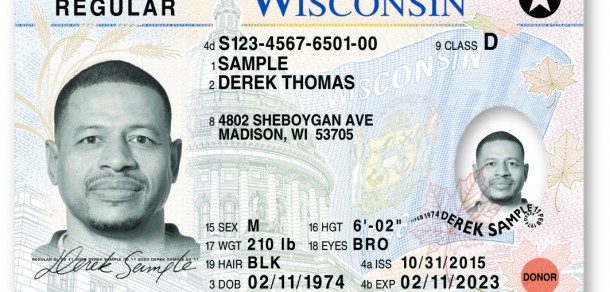Better Identity Coalition to fight ID fraud by bringing banks and DMVs together
27 January, 2019
category: Digital ID, Financial, Government
Identity fraud and authentication are ongoing problems for both businesses and governments, but banks and DMVs are aligning to address the problem in part through the work of the Better Identity Coalition. It seems that the private and public sectors might again be poised for a sort of coordination that could make it harder for criminals to operate. It could also provide a roadmap for linking various ID databases toward a common goal.
Recent reports suggest that a group of major banks, including JPMorgan Chase, Wells Fargo and Bank of America, are interested in working with state DMVs to gain access to their databases to authenticate consumers and combat identity fraud.
The Better Identity Coalition wants the federal government to provide $200 million over five years as “seed funding” for DMV ID efforts
A cadre of leading banks and other organizations have formed the Better Identity Coalition to push for such a solution as well as a host of other pro-identity initiatives. According to the group, identity fraud in the U.S. cost $16.8 billion in 2017, a year in which the number of data breaches increased nearly 45 percent from the year before.
Among the biggest fraud prevention challenges that financial institutions face is preventing criminals from setting up fraudulent accounts and lines of credit. The increasing deployment of real-time payment infrastructure around the world adds to this challenge, giving criminals the ability to move their ill-gotten gains around the world before banking officials, law enforcement and victims even know what’s happened.
Better Identity Coalition focuses on ID fraud and mobile banking
State DMVs, for their part, are working toward the fulfillment of Real ID regulations which strengthen identity proofing and credential issuance processes. The appeal for banks working with the DMVs is that people seeking new or renewed licenses usually have to appear in person and bring supporting documentation.
Opening up a mobile banking account, by contrast, can often be done with only a scan of an applicant’s drivers license. Even if a person goes to a bank branch, tellers are typically less skilled and experienced at spotting fraudulent documents than are longtime DMV employees. Another layer of fraud prevention could be achieved if banks had access to DMV databases. And for their part, DMVs would receive fees from banks, money that could go toward system upgrades.
Better Identity Coalition proposals involve more than just state DMVs
“Governments should offer new digital services to validate attributes – modernizing legacy paper-based identity systems around a privacy-protecting, consumer-centric digital model that allows consumers to ask the agency that issued a credential to stand behind it in the online world – by validating the information from the credential,” reads a position paper from the group. “The Social Security Administration (SSA) and state governments – the latter in their role as issuers of driver’s licenses – are the best positioned entities to offer these services to consumers.”
Bank and DMV solution seed funding
The Better Identity Coalition wants the federal government to provide $200 million over five years as “seed funding to states enabling DMVs to modernize and become digital identity providers.” The group made a point to say it is avoiding any “moonshot” proposals because “history has shown that lofty identity initiatives which aim to solve every problem struggle to get traction, given their complexity and difficulty.”
Moonshot or not, recent history would seem to support the idea that overly lofty plans often fail. As the Wall Street Journal has noted, “Citigroup and other big banks worked with AAMVA (the American Association of Motor Vehicle Administrators), the Department of Homeland Security and a handful of states about six years ago to pilot an identity-verification service, using licenses and social security numbers. The effort fizzled without supporting legislation that granted access to social security data.”




